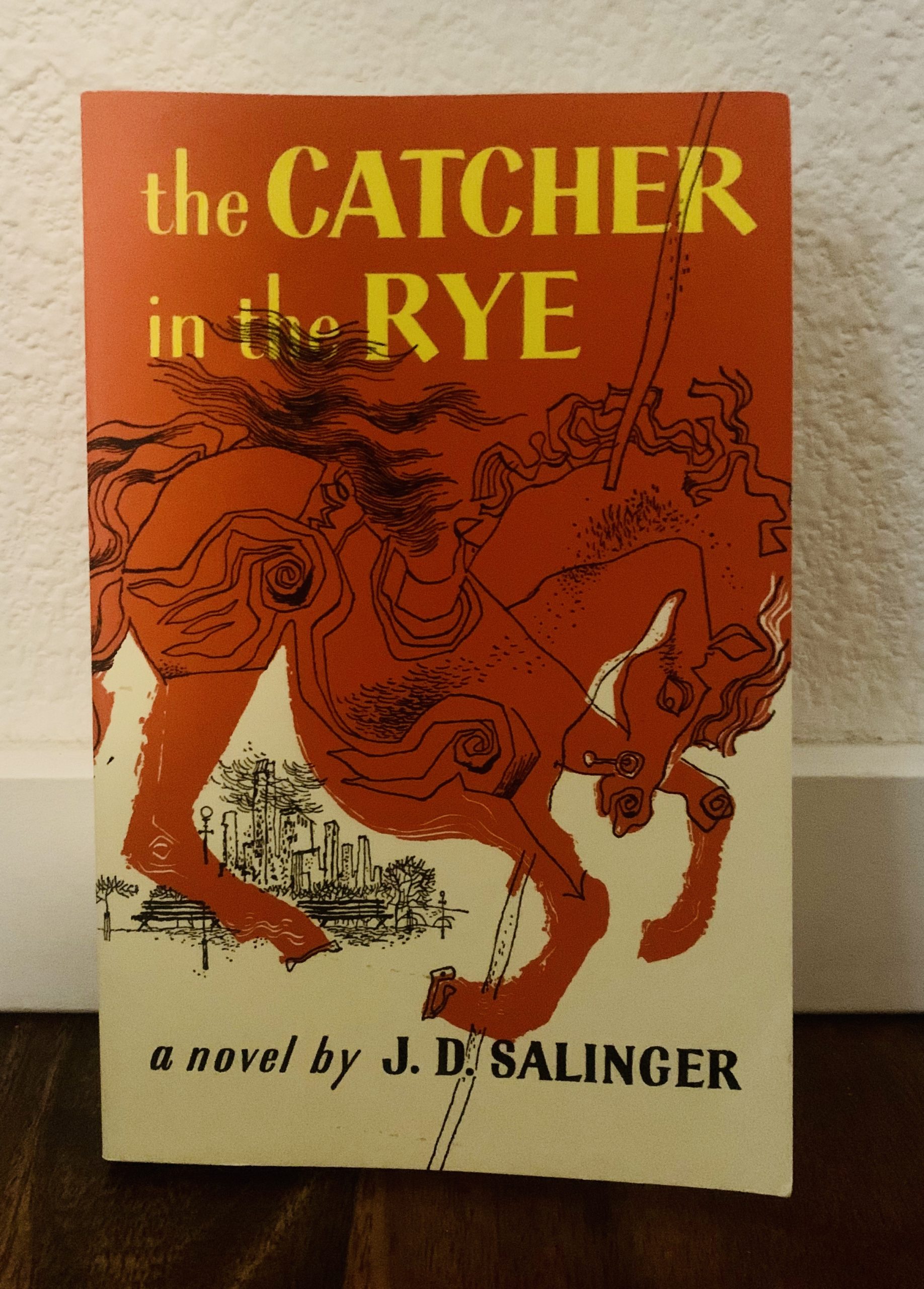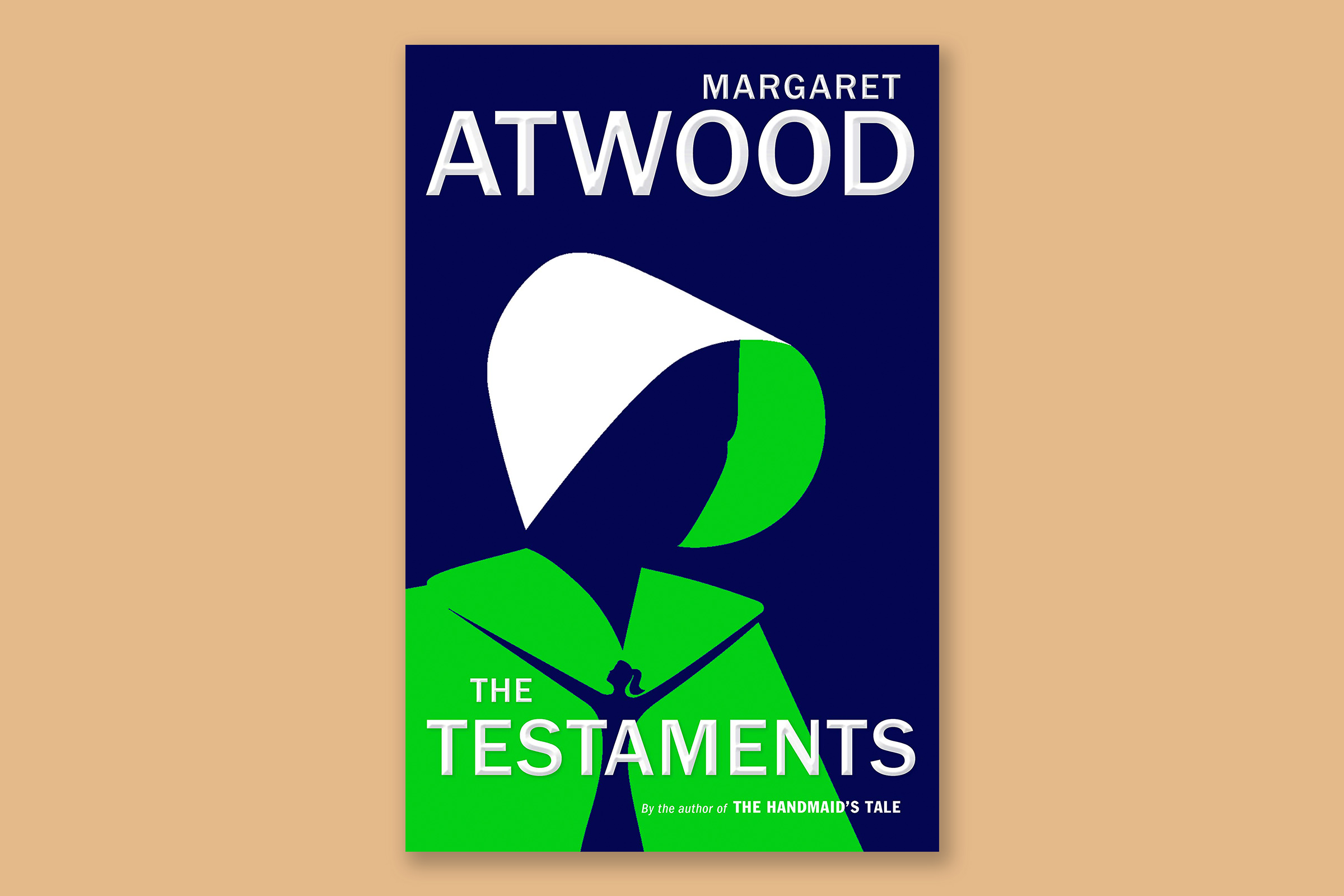For book club this month, I chose The Catcher in the Rye by J.D. Salinger. I originally chose it because I assumed most of us would have read this classic and figured it would be an easy recap. I vaguely remember its presence on a reading list in high school and thought others would have remembered it, too.
Surprisingly, I was wrong – most of us had never read this book!
 The Catcher in the Rye is the classic tale of Holden Caulfield, a 16-year-old teenager who is a little lost in his life. The book was published in 1951, the same time that our character is living. However, the story is being told by Holden after the fact. He is retelling his two-day experience in which he experiences a range of emotions and searches for truth and meaning to life.
The Catcher in the Rye is the classic tale of Holden Caulfield, a 16-year-old teenager who is a little lost in his life. The book was published in 1951, the same time that our character is living. However, the story is being told by Holden after the fact. He is retelling his two-day experience in which he experiences a range of emotions and searches for truth and meaning to life.
That sounds like a lot for a teenage brain during a short period of time. It is.
Holden starts his tale just before Christmas break, revealing his expulsion from yet another boarding school. He is failing all his classes, all by his own doing, but he does not appear bothered by this. He seems more upset by his roommates and classmates, all of whom seem immature and “phony” to him. He decides to leave for New York City and home a few days early, fed up with everyone and everything around him. Besides, the school is kicking him out anyways!
He takes a late train to the city and rents a hotel room; he cannot go home so early because his parents are not aware of his expulsion yet. Despite sounding nonchalant about it, he appears to dread telling his parents about this.
His days and nights in the city are like a teenage-version of Home Alone: he drinks, acts recklessly and spends his money carelessly. It’s hard to read as a parent, but I imagine I would have envied him as a teenager myself.
But even in this recklessness, his days in the city have profound moments.
He seeks human interaction with old friends, girls, and even acquaintances he cannot stand. Holden is lonely and isolated. But when around others, he speaks foolishly and offends others. He wants to be around others on his terms. In a way, one could see this as selfishness; one could also see it as immaturity.
He drunkenly sneaks into his house on the second night to see his sister Phoebe. He lovingly talks about her often and wants to tell her in person about his expulsion. She is upset and accuses him of not liking anything. He then tells her that he wants to be the “catcher in the rye,” which he claims is from a song he heard (it was actually from a poem by Robert Burns). He later sneaks back out and has other mishaps, but let’s not spoil the entire tale for you.

This desire – to be the catcher in the rye – is symbolic and reflective of the theme of the novel.
Holden wants to keep his innocence and protect others from losing theirs. Quite literally, he does not want to grow up. He is immature, silly, and childish; he laments others who do not act this way or who are “phony.” But is the world and everyone else “phony” or simply growing up and maturing? Is Holden Caulfield just another angsty, misguided, and lost teenager?
Encyclopedia Brittanica states that the catcher in the rye is a metaphor for entering adulthood. Holden wants to “catch” children and himself from falling off the cliff and into adulthood. He finds great joy in watching Phoebe on a carousel, enjoying the ride with childish abandon. As their website states:
By taking her to the zoo, he allows her to maintain her childlike state, thus being a successful ‘catcher in the rye.’ During this time, however, watching her and the other children on the carousel, he has also come to accept that he cannot save everyone: ‘If they want to grab for the gold ring, you have to let them do it, and not say anything. If they fall off, they fall off.’
So what did we think of The Catcher in the Rye?
Our club had nothing negative to say about this book. We agreed that this was definitely a book for a specific demographic, aka teens and young adults. Lorren stated, “Even though Holden is very over the top about it, I do feel like the things he was wrestling with really echoed my own existential questions as an adolescent.” It has remained a classic for a reason, and its themes can still resonate with readers today.

Come back next month as we read The Testaments by Margaret Atwood!











